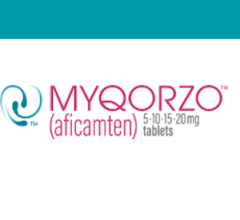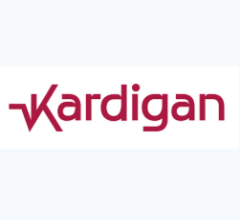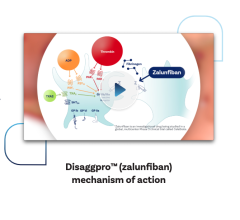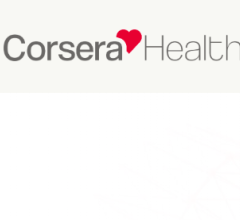October 5, 2009 – A reduction in stroke was observed in patients with atrial fibrillation (AF) who received dronedarone (MULTAQ), according to a recent study published online in Circulation – “Analysis of Stroke in A Placebo-Controlled, Double-Blind, Parallel-Arm Trial to Assess the Efficacy of Dronedarone 400 mg BID for the Prevention of Cardiovascular Hospitalization or Death From Any Cause in Patients With Atrial Fibrillation/Atrial Flutter (ATHENA).”
Many patients with AF are at high risk for stroke and require anti-thrombotic therapy. Anti-arrhythmic drugs have not previously been shown to reduce the risk of stroke in AF. The effect of dronedarone, a new multichannel-blocking antiarrhythmic drug, on stroke was evaluated in a randomized, double-blind clinical trial, ATHENA (A placebo-controlled, double-blind, parallel-arm Trial to assess the efficacy of dronedarone 400 mg BID for the prevention of cardiovascular Hospitalization or death from any cause in patiENts with Atrial fibrillation/atrial flutter).
Results from a post-hoc analysis on a nonprespecified endpoint showed that dronedarone reduced the risk of stroke from 1.8 percent per year to 1.2 percent per year (relative risk reduction of 34 percent) in patients with persistent or paroxysmal atrial fibrillation and at least one risk factor for cardiovascular hospitalization. Oral anti-coagulant or anti-platelet therapy was used in 60 percent of patients.
Patients with persistent or paroxysmal AF and at least one risk factor for cardiovascular hospitalization were randomized to receive dronedarone (400 mg BID) or double-blind matching placebo and followed up for a minimum of one year to a common termination at 30 months. All strokes that occurred during the study were included in the present post hoc analysis. There were 4,628 patients randomized to placebo or dronedarone. The baseline risk factors for stroke were well balanced between the two groups, and the baseline mean CHADS2 score was two. The baseline use of either oral anti-coagulant therapy or anti-platelet agent alone was 60 percent. The effect of dronedarone was similar whether or not patients were receiving oral anti-coagulant therapy, and there was a significantly greater effect of dronedarone in patients with higher CHADS2 scores, the study authors concluded.
This article discusses a use for dronedarone that is not approved by the U.S. Food and Drug Administration. Further studies to investigate the effect of dronedarone and other antiarrhythmic agents on stroke are indicated.
MULTAQ (dronedarone) was recently approved by the FDA in July 2009. Dronedarone is an anti-arrhythmic drug indicated to reduce the risk of cardiovascular hospitalization in patients with paroxysmal or persistent AF or atrial flutter, with a recent episode of AF/AFL and associated cardiovascular risk factors (i.e., age older than 70, hypertension, diabetes, prior cerebrovascular accident, left atrial diameter of more than 50 mm or left ventricular ejection fraction of less than 40 percent, who are in sinus rhythm or who will be cardioverted.
For more information: www.ahajournals.org, http://products.sanofi-aventis.us/Multaq/Multaq.pdf


 January 28, 2026
January 28, 2026 









